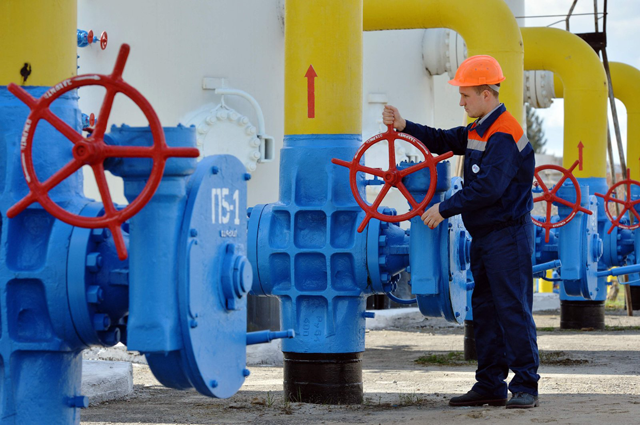PARIS — Europe must act immediately to prevent a shortage of natural gas next year as Russia slashes deliveries in the wake of the Ukraine war, the International Energy Agency (IEA) warned on Thursday.
The IEA said the shortfall would occur if Russia stops pipelines deliveries completely and China steps up its imports of liquefied natural gas, which Europe has relied upon to replace Russian supplies.
The region could lack 30 billion cubic metres that it needs "to fuel its economy and sufficiently refill storage sites during the summer of 2023, jeopardising its preparations for the winter of 2023-24", the Paris-based agency said in a report.
IEA Executive Director Fatih Birol said he would hold talks on Friday with several European governments.
"We believe Europe needs to take immediate action to avoid risks of natural gas shortage next year," Birol told reporters.
"We're ringing alarm bells for the European governments and for the European Commission for next year," he said.
'Danger of complacency'
Russia has drastically cut supplies to Europe in suspected retaliation against Western sanctions over its invasion of Ukraine, but the region was able to fill storage sites for this upcoming winter.
The IEA said Moscow delivered 60 billion cubic metres of gas to Europe this year but that it was "highly unlikely" that Russia would provide the same amount in 2023 and could cease deliveries entirely.
And while Chinese LNG imports were lower in the first 10 months of this year, the world's second biggest economy could grab 85 per cent of the expected increase in global LNG supplies if its purchases recover next year.
European Union governments have urged business and households to conserve energy this winter in efforts to lower demand and scrambled to find alternative suppliers.
Norway has overtaken Russia as Europe's main natural gas supplier. The region has also shipping LNG from other countries at a rate that has caused bottlenecks at ports. Gas prices, meanwhile, have fallen sharply.
But Birol said Europe's gas storage sites may only be 65 per cent full in 2023, compared to 95 per cent this year.
"With the recent mild weather and lower gas prices, there is a danger of complacency creeping into the conversation around Europe's gas supplies, but we are by no means out of the woods yet," Birol said in a separate statement.
Birol warned that Europe will face "an even sterner challenge" next winter.
"This is why governments need to be taking immediate action to speed up improvements in energy efficiency and accelerate the deployment of renewables and heat pumps — and other steps to structurally reduce gas demand," he said.
